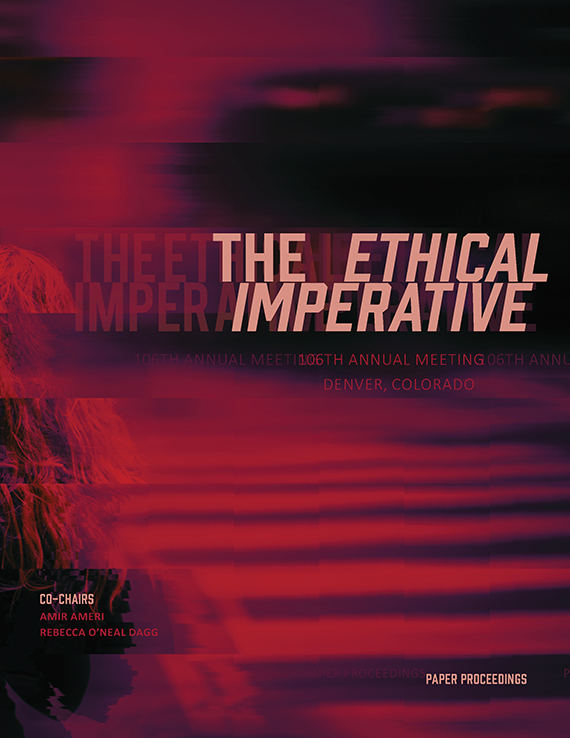Author(s): Gundula Proksch & Rachel Berney
Data science has developed a culture of “data science for social good,” or DSSG, to provide data analysis to public and nonprofit organizations with limited access to resources. A multidisciplinary team from the College of Built Environments had the opportunity to participate in the University of Washington DSSG summer program 2017. Their project focused on building a web-based tools for analyzing and visualizing urban equity across Seattle, Washington. This multidisciplinary collaboration created a tremendous opportunity to answer specific inquiries about visualizing equity and supporting that visual analysis with the rigor of a model. As built environment colleges continue to define and address twenty-first-century challenges, especially through the lens of urban systems and data analysis, this project is an example of a built environment-generated, public-facing tool that can serve the city, university, and community equally.
https://doi.org/10.35483/ACSA.AM.106.74
Additional Works by Author
- 1. Building an Ecosystem: Integrating Rooftop Aquaponics with a Brewery to Advance the Circular Economy (https://doi.org/10.35483/ACSA.AM.108.5)
- 2. COVID-19 Rapid Response: Design Determinants of Seattle Food Retail Business Continuity (https://doi.org/10.35483/ACSA.AM.109.1)
- 3. Sourcing Energy from Waste in the Circular City: Integrated Anaerobic Digestion Toward Long-Term Decarbonization of Cities (https://doi.org/10.35483/ACSA.Inters.2020.1
- 4. Adaptive Reuse as Carbon Adaptation: Urban Food Production in the Underused Parking Garages of the Future (https://doi.org/10.35483/ACSA.Inters.2020.2
Volume Editors
Amir Ameri & Rebecca O'Neal Dagg
ISBN
978-1-944214-15-9

 Study Architecture
Study Architecture  ProPEL
ProPEL 
